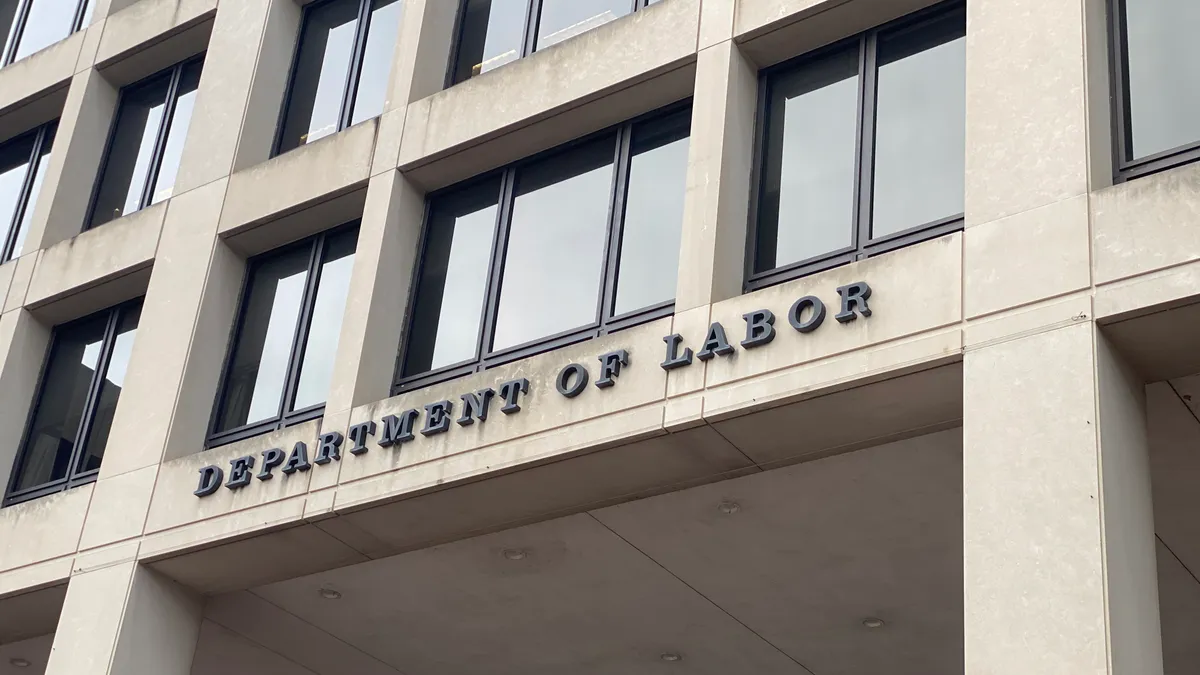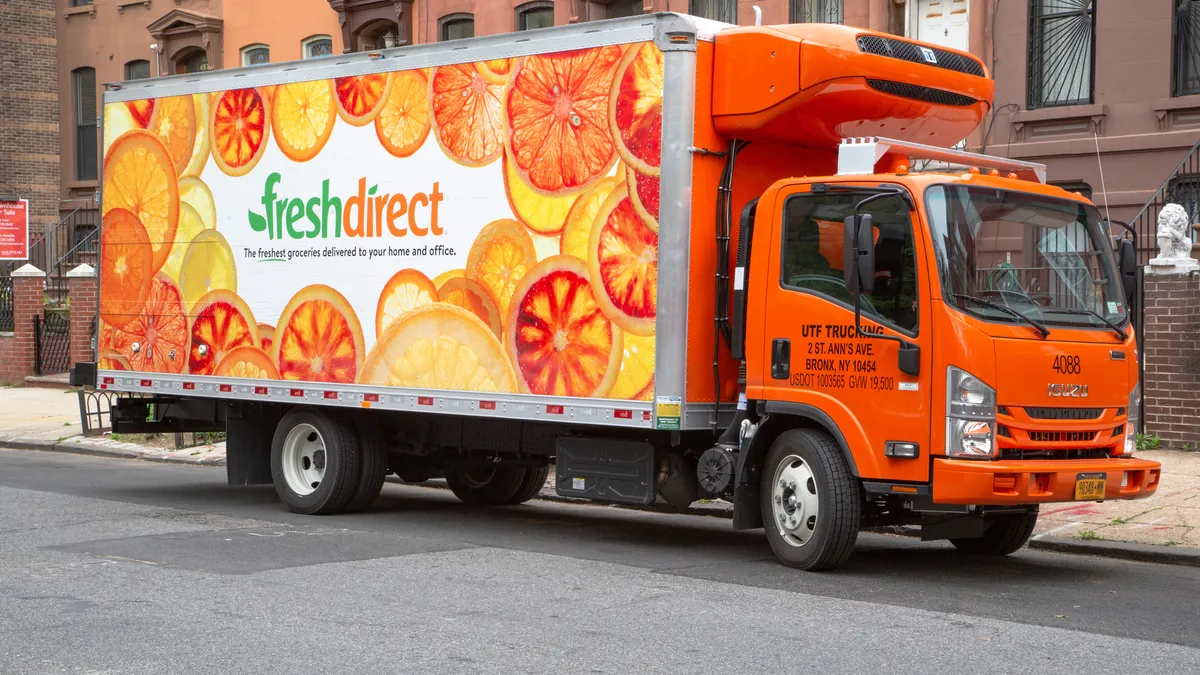The U.S. Department of Labor announced Tuesday a final rule revising its interpretation of the Fair Labor Standards Act’s classification provision to determine whether a worker may be considered an independent contractor.
The final rule largely tracks the agency’s October 2022 proposed rule. It retains the multifactor, “totality-of-the-circumstances” framework for analyzing independent contractors’ status included in that proposal.
Under this framework, DOL will consider six nonexhaustive factors when examining the relationship between a worker and a potential employer:
- Worker’s opportunity for profit or loss.
- Investments made by the worker and the employer.
- Degree of permanence of the work relationship.
- Nature and degree of control over performance of the work.
- Extent to which the work performed is an integral part of the employer’s business.
- Use of the worker’s skill and initiative.
Retail trade groups criticized the new rule, which is slated to take effect March 11.
“The food industry relies on the staffing resources of vendors and contractors for various functions along the consumer goods supply chain, including responding to grocery customers' demands for expanded ecommerce and on-demand-delivery services,” Christine Pollack, vice president of government relations for FMI — The Food Industry Association, said in an emailed statement. “The final rule will stifle workforce innovation and limits the food industry’s ability to quickly adapt to changing consumer demands.”
The National Retail Federation said the rule would hurt people who prefer to work as contractors. “As bad as this rule is for retailers specifically and employers generally, it is far worse for the millions of workers nationwide who cherish the opportunity to engage in independent work,” NRF Senior Vice President of Government Relations David French said in a statement.
The United Food and Commercial Workers International Union (UFCW), praised the new rule, calling it “a critical step forward for workers across the nation.”
“Gig workers now have a chance to thrive right alongside the companies they work for, with access to the better wages and increased protections they deserve,” UFCW International President Marc Perrone said in a statement. “The decision to work more hours, take more jobs, or use an app does not automatically make you an independent contractor and the UFCW is glad to see the Department of Labor affirm that in their classification guidelines.”
In a press call Monday, Acting Secretary of Labor Julie Su said the final rule would ensure a level playing field for workers, particularly vulnerable workers who are misclassified and lose out on minimum wage, overtime pay and other protections under the FLSA.
“These labor protections are a floor under which no one should be forced to live and work,” Su said. “In my role, I have traveled and talked to workers across the country who are working full time, year-round and still struggle to make ends meet because of misclassification. They sometimes work side by side with individuals who are properly classified, doing the same work.”
Separately, DOL is rescinding the Trump administration’s 2021 independent contractor final rule, which had been enacted during that administration’s final weeks. The Biden administration attempted to withdraw the rule in May 2021, but a federal court put it back into effect, holding that the act of rescinding the 2021 rule violated the Administrative Procedure Act.
Asked by reporters how the agency planned to defend against likely legal challenges to the latest independent contractor rule, Solicitor of Labor Seema Nanda pointed to DOL’s outreach efforts, which included both the proposed rule’s notice-and-comment period as well as a series of listening sessions. Officials said Monday they received more than 55,000 public comments.
“In the prior challenge to the recission that we put out in the beginning of the administration, [the court’s] problems with our rule were largely procedural in nature, and the court actually suggested that the department could have replaced the prior administration’s 2021 [independent contractor] rule with an economic reality test,” Nanda said. “We feel very confident in this rule. We have very carefully considered the case law under the [FLSA] in developing the rule and are certainly prepared to defend the rule if there are any challenges.”
The final rule makes some changes from DOL’s 2022 proposal, said Jessica Looman, administrator of DOL’s Wage and Hour Division. For example, it clarifies that actions taken by a potential employer for the sole purpose of complying with applicable federal, state, tribal or local laws or regulations do not constitute control indicative of an employment relationship. The rule also advises that costs to a worker which are unilaterally imposed by a potential employer are not investments indicative of independent contractor status.























